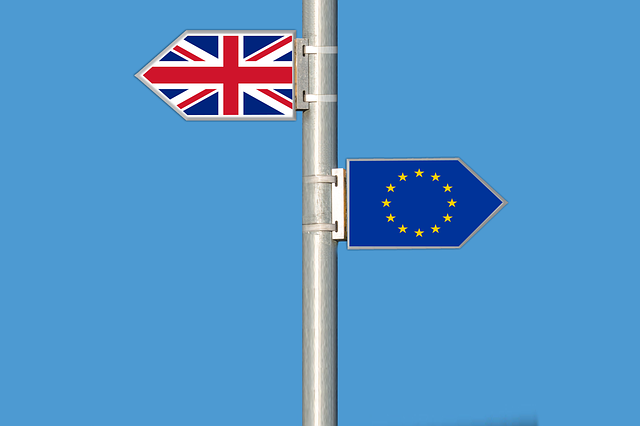



EU rejects reworking N. Ireland deal, implications for meat, food products


Reuters reports that the European Union rejected a British demand to renegotiate their deal governing the trading position of Northern Ireland, saying that to so would only bring instability and uncertainty.
European Commission Vice-President Maros Sefcovic, who oversees EU relations with post-Brexit Britain, said on Friday that the Northern Ireland protocol needed to be properly implemented.
"A renegotiation of the protocol – as the UK government is suggesting – would mean instability, uncertainty and unpredictability in Northern Ireland," he said in a speech at Queen's University in Belfast.
Under the protocol, Britain agreed to leave some EU rules in place in Northern Ireland and accept checks on goods arriving from elsewhere in the United Kingdom, in order to preserve an open land border with EU member state Ireland.
The arrangement has effectively placed a border in the Irish Sea, angering pro-British unionists who believe it divides them from the rest of the United Kingdom and complicating the 1998 Good Friday Agreement that ended three decades of violence. London wants it changed.
Sefcovic told a later news conference he was ending his trip on an optimistic note. He said the EU was seeking solutions for all, including those opposed to the protocol.
"I know it is possible for us to work together, if rhetoric on both sides is dialled down," he said.
However, Gavin Robinson, a member of Northern Ireland's largest pro-British party, the Democratic Unionist Party, described Sefcovic's comments as "belligerent", "mistaken" and "foolish".
Sefcovic said any solutions could only minimise the effects of Brexit, not entirely remove them, given London's choice to leave the EU single market and customs union.
The commissioner said the two sides should continue discussions to limit the impact of the protocol on everyday life in Northern Ireland, while maintaining its special access to the EU's internal market.
Under EU rules, imported food products are subject to certification and checks, while sausages and other chilled meat products cannot enter the bloc. For now, the EU has accepted British extensions to grace periods for such changes.
The commissioner said he recognised Britain was unlikely to accept the EU's "ready-made" solution involving the alignment of agri-food rules that would remove most checks, but that with goodwill a fix could be found using the protocol's flexibility.
Britain has said it wants a "normal treaty framework" that is not policed by the European Court of Justice. Sefcovic said that would effectively mean cutting Northern Ireland out of the EU single market.









